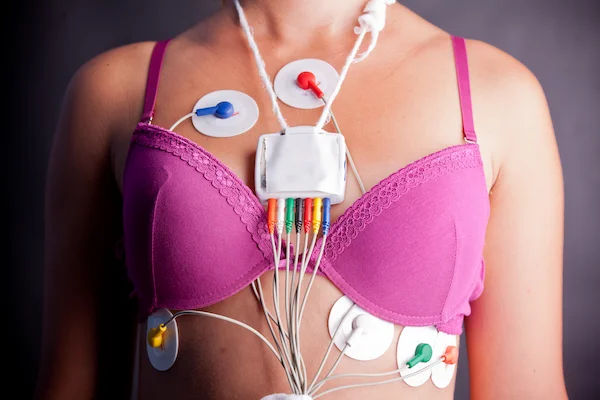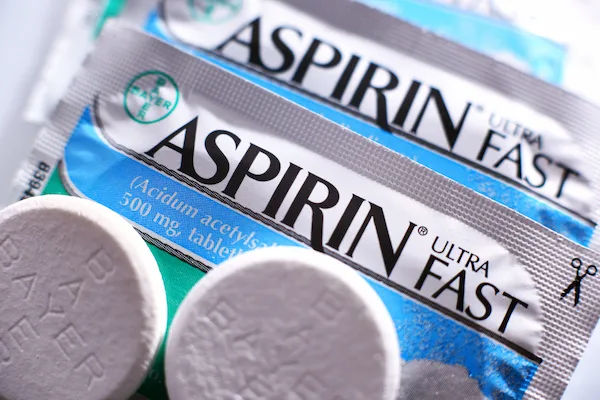- Male
- 28 Years
- 29/01/2025
I've noticed that my heart rate tends to go up to 130 when I'm feeling anxious, and I recently had an echo done. Thankfully, the report was normal, but it did show Grade 1 diastolic dysfunction with an ejection fraction of 54. I'm curious, can anxiety-induced high heart rate affect the echo results? Also, could these findings indicate any valvular disease?
Answered by 1 Apollo Doctors
High heart rate can affect certain echo parameters, but in your case, with a heart rate of 130 due to anxiety, the echo report came back normal. Valvular diseases can still be detected even with a high heart rate. In your case, the echo report showed Grade 1 diastolic dysfunction and an ejection fraction of 54%. To further evaluate any valvular disease, you may need additional tests such as a Doppler echocardiogram. No specific medication is needed for Grade 1 diastolic dysfunction, but it's important to manage any underlying conditions contributing to it.
Dr. Dr Khaleel Suggests...
Consult a Cardiologist
Answered 04/07/2025
0
0

More Cardiology Health Queries
View allMy dad's been diagnosed with something called a complete right bundle branch block, and I'm really worried. Is this considered a serious heart condition?
yes it is a concern immediate cardiologist opinion is required.
Answered by 1 Apollo Doctors
I'm Venkatesh from Bangalore, and I'm trying to understand a recent 2D echo report for my mom. It mentions a "sclerotic aortic valve." I'm not familiar with this term and am a bit worried. Can you explain what this means for her health?
scelerotic aortic valve means thickened and stiffened valves is due to deposiyion of calcium. It is common in older patients..
Answered by 1 Apollo Doctors
My HS CRP level is 7.4, which seems pretty high. Why might it be elevated, and is there anything I can do about it? Im really concerned and would love some guidance.
Visit Physician for evaluation and appropriate management as it says you have recent or active infection
Answered by 1 Apollo Doctors
Disclaimer: Answers on Apollo 247 are not intended to replace your doctor advice. Always seek help of a professional doctor in case of an medical emergency or ailment.




